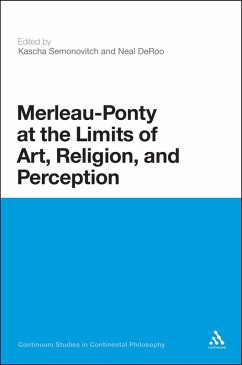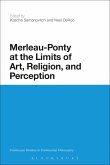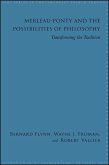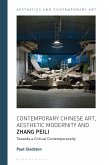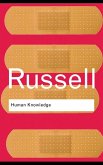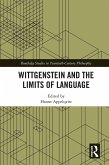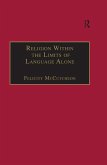This book poses the question of what lies at the limit of philosophy. Through close studies of French phenomenologist Maurice Merleau-Ponty's life and work, the authors examine one of the twentieth century's most interdisciplinary philosophers whose thought intersected with and contributed to the practices of art, psychology, literature, faith and philosophy. As these essays show, Merleau-Ponty's oeuvre disrupts traditional disciplinary boundaries and prompts his readers to ask what, exactly, constitutes philosophy and its others.
Featuring essays by an international team of leading phenomenologists, art theorists, theologians, historians of philosophy, and philosophers of mind, this volume breaks new ground in Merleau-Ponty scholarship-including the first sustained reflections on the relationship between Merleau-Ponty and religion-and magnifies a voice that is talked-over in too many conversations across the academic disciplines. Anyone interested in phenomenology, art theory and history, cognitive science, the philosophy of mind, and the philosophy of religion will find themselves challenged and engaged by the articles included in this important effort at inter-disciplinary philosophy.
Featuring essays by an international team of leading phenomenologists, art theorists, theologians, historians of philosophy, and philosophers of mind, this volume breaks new ground in Merleau-Ponty scholarship-including the first sustained reflections on the relationship between Merleau-Ponty and religion-and magnifies a voice that is talked-over in too many conversations across the academic disciplines. Anyone interested in phenomenology, art theory and history, cognitive science, the philosophy of mind, and the philosophy of religion will find themselves challenged and engaged by the articles included in this important effort at inter-disciplinary philosophy.

